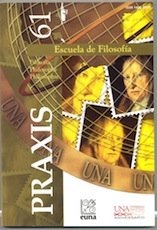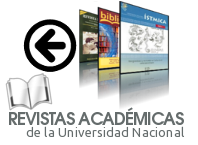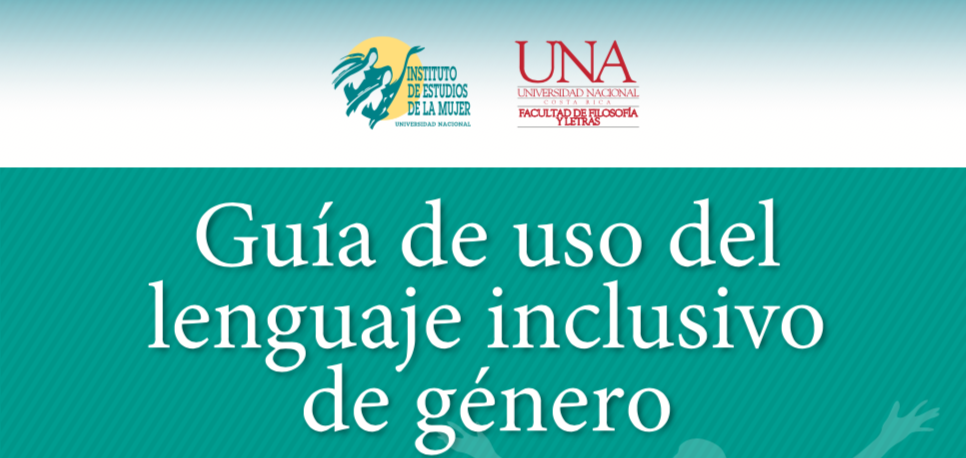Saber absoluto, saber del límite desazón, olvido y contingencia en la Fenomenología del Espíritu
Keywords:
Hegel, fenomenology, absolute knowingAbstract
This paper takes position against the traditional readings of Hegel, who make from the absolute knowing the perfect identity of thinking and being. We sustain, on the contrary, with Zizek, that the true absolute knowing is the consciousness of failure, and that the final consciousness recognizes its being in the “free fortuitous happening”. Difficulties emerge from ignorance of the different levels that proposes the text: the one of consciousness and the one of us; where “us” is not a supra-consciousness but its criterion (which consists in putting retrospectively necessity where there is not) that varies along its phenomenological course, as it does consciousness. That is because the subject is not seen by Hegel as substrate but it is seen-through (anticipating Lacan) as fault, split. In this manner, the absolute knowing does not represent a close but an opening; it is the knowing the limit.

Downloads
Published
How to Cite
Issue
Section
License
La revista trabaja bajo la Licencia Creative Commons Atribución-NoComercial-CompartirIgual 4.0 Internacional; apartir de la publicación número 79 (2019); en publicaciones anteriores se trabajaba bajo una Licencia Atribución- No Comercial- Sin Derivadas 4.0 Internacional.







